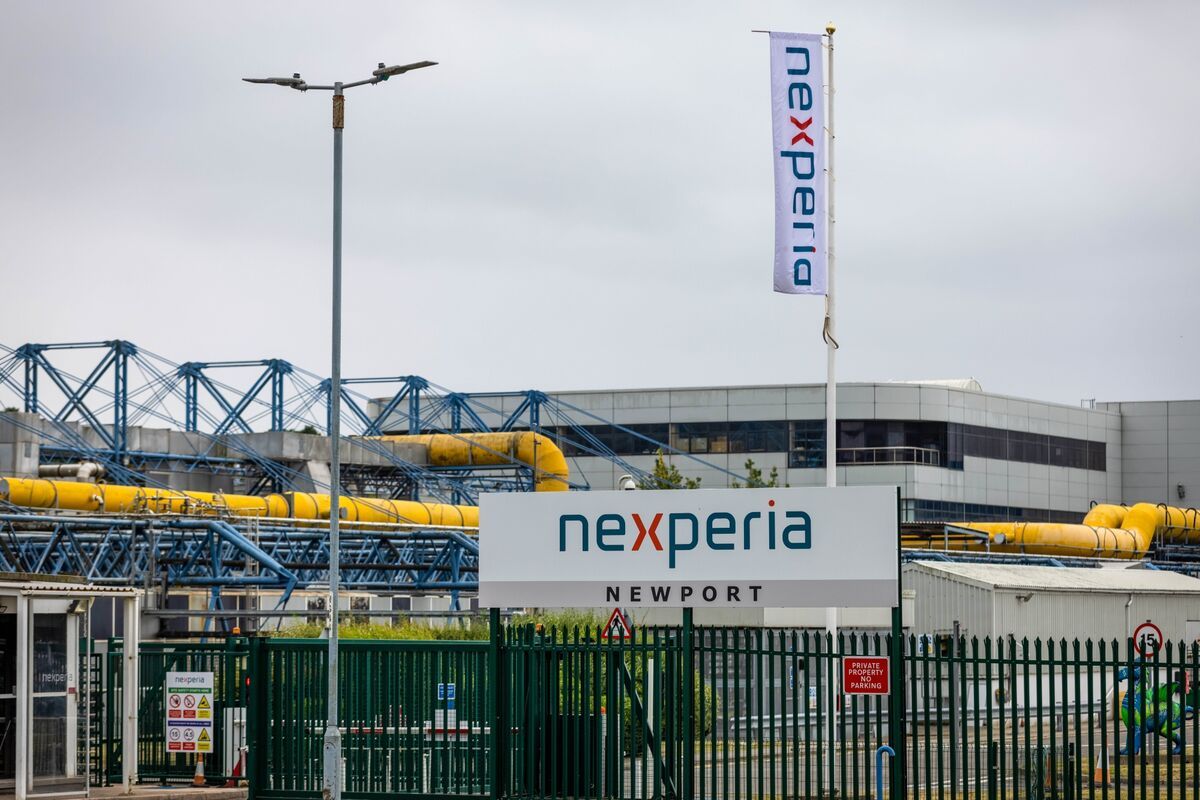
The Dutch government has taken control of Nexperia, a Chinese-owned semiconductor manufacturer based in the Netherlands, citing “serious governance shortcomings” and the need to protect Europe’s technological and economic security.
The extraordinary move — announced Monday — marks a significant escalation in Europe’s efforts to shield its critical industries from foreign influence, particularly amid growing concerns about China’s role in global supply chains.
According to the Ministry of Economic Affairs, The Hague invoked the Goods Availability Act, an emergency law that allows the government to step in to secure the supply of vital goods and technologies during exceptional circumstances.
“This measure is intended to mitigate risks to the continuity and safeguarding of crucial technological knowledge and capabilities on Dutch and European soil,” the ministry said in a statement. “Losing these capabilities could pose a risk to Dutch and European economic security.”
Under the government’s order, Economic Affairs Minister Vincent Karremans now has the authority to reverse or block decisions by Nexperia that could jeopardize its operations, its technological assets, or Europe’s chip supply.
Despite the intervention, the government confirmed that Nexperia’s production will continue as normal.
Nexperia’s parent company, Wingtech Technology, which is listed on the Shanghai Stock Exchange, condemned the takeover and vowed to defend its interests through “all necessary legal means.”
Wingtech’s shares plunged 10% on Monday following the announcement.
The company said it would “take actions to protect its rights” and seek assistance from relevant authorities.
In a statement released in Mandarin, Wingtech stressed that its operations remain uninterrupted and that it is maintaining close communication with customers and suppliers.
The intervention follows an Amsterdam court order earlier this month suspending Wingtech’s chairman, Zhang Xuezheng, from Nexperia’s boards — a move that hinted at growing scrutiny of the company’s governance.
The Dutch government did not specify the exact nature of the governance concerns but said it had received “acute signals” suggesting that Nexperia’s internal management posed potential risks to national and European interests.
The decision threatens to further strain relations between the European Union and China, already tense over trade disputes and Beijing’s close ties with Moscow.
In December 2024, the United States placed Wingtech on its “entity list,” identifying it as a national security concern. The designation restricts U.S. companies from exporting technology or goods to Wingtech without special authorization.
In the United Kingdom, Nexperia was previously forced to sell its Newport Wafer Fab semiconductor plant over national security fears — although it still operates a facility in Stockport.
The Dutch Ministry emphasized that the intervention under the Goods Availability Act — a rarely used legal tool — was “highly exceptional” but necessary to secure Europe’s semiconductor production capacity, particularly for automotive and electronic industries.
“The decision was taken to prevent chips from becoming unavailable in an emergency,” officials said.
The Dutch government’s action reflects a broader European effort to reduce dependence on non-European chipmakers, as global demand for semiconductors surges amid geopolitical competition.
The BBC reported that Dutch officials declined to provide further details on the risks identified, and have reached out to Chinese embassies in The Hague and Brussels for comment.



